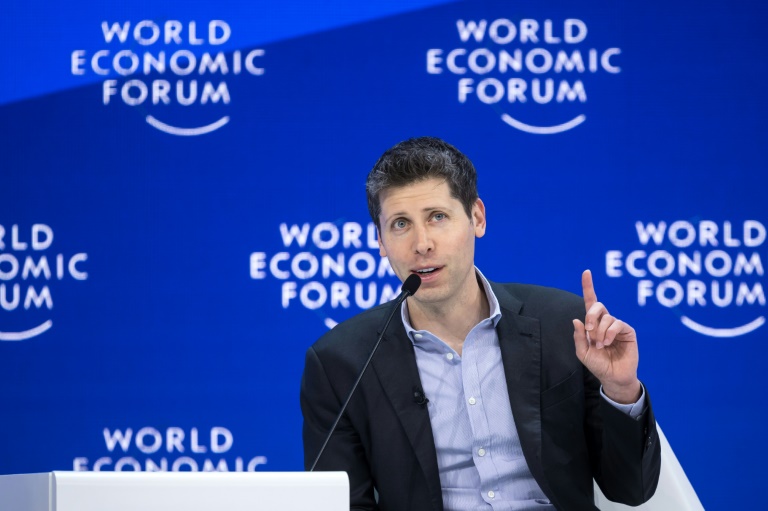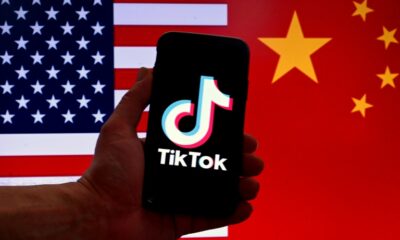CEO Sam Altman will return to the board of OpenAI, the company said on Friday, just months after a boardroom dustup that saw him fired and rehired by the company behind ChatGPT.
Altman was also found to have been wrongly fired in an internal investigation that was launched in the days after his chaotic dismissal last year, the company said.
Altman will join the board with three other new directors: Sue Desmond-Hellmann, a former CEO of the Bill and Melinda Gates Foundation; Nicole Seligman, a former president of Sony Entertainment; and Fidji Simo, CEO of Instacart.
They will join Ex-Salesforce co-CEO Bret Taylor and former US Treasury Secretary Larry Summers, who joined in the immediate aftermath of the November 2023 tumult.
Microsoft also gained an observer seat on OpenAI’s board at the time, a move that drew criticism and a lawsuit from Elon Musk earlier this week, who helped found OpenAI in 2015 before leaving the project.
“I am excited to welcome Sue, Nicole, and Fidji to the OpenAI Board of Directors,” said Bret Taylor, chair of the OpenAI board.
“Their experience and leadership will… ensure that we pursue OpenAI’s mission of ensuring artificial general intelligence benefits all of humanity,” he added.
Quora CEO Adam D’Angelo is the sole holdover from the old board that had taken the decision to fire Altman.
Altman has become the face of the recent artificial intelligence explosion that burst onto the scene with his decision to release ChatGPT in November 2022.
But in a shock move, the company’s board summarily fired Altman without any clear reason given, sparking the threat of a mass exodus by the company’s 700 strong employees, who stuck by their star CEO.
Microsoft, the tech giant with major investments in OpenAI, offered to hire those leaving the AI company, forcing a change of mind by its board, which reinstated Altman after a few days of chaos.
The board members behind Altman’s shortlived ouster, left their roles.
– ‘Right leaders’ –
In the aftermath of the events, the new fangled board launched an internal investigation on what happened with a law firm.
The results of that investigation “unanimously concluded that Altman and president Greg Brockman “are the right leaders for OpenAI,” Taylor said in a sperate statement.
The company said the probe, handled by outside firm WilmerHale, “reviewed more than 30,000 documents; conducted dozens of interviews, including of members of OpenAI’s prior Board, OpenAI executives, advisors to the prior Board, and other pertinent witnesses…”
OpenAI remains the standard bearer of generative AI, the technology that can generate human level texts and images in seconds.
But it faces increased rivalry from Google, Meta and other startups, including Anthropic, Musk’s xAI and French company Mistral.
OpenAI is now caught up in a legal battle with Musk, who accuses Altman and top executives of betraying the original nonprofit status of the company.
Musk’s suit alleges that OpenAI was now effectively a subsidiary of Microsoft, arguing that this was breach of contract.
Microsoft’s embrace of AI, and OpenAI’s technology in particular, has made it the world’s biggest company by market capitalization.
OpenAI is also being sued by The New York Times for allegedly illegally using its articles to train the models that power ChatGPT and other applications.
The Times believes that ChatGPT has the capability to become a substitute for its journalism and was built from scraping its content from the internet without payment or permission.

 Business5 months ago
Business5 months ago
 Business4 months ago
Business4 months ago
 Events3 months ago
Events3 months ago
 People4 months ago
People4 months ago
 Events6 months ago
Events6 months ago
















